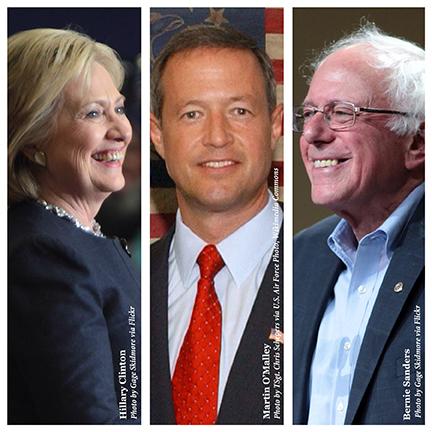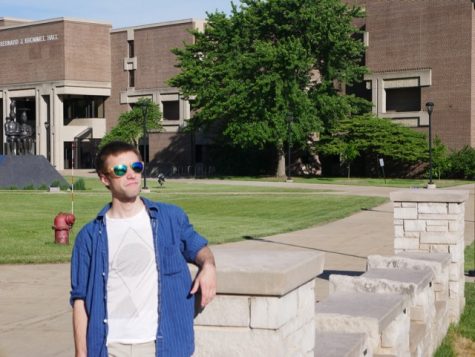Why Debates Should be Hosted on Public Television

February 2, 2016
The fourth debate of the Democratic primaries, was, I think, uniquely disappointing. It wasn’t the actual discourse between the candidates that made it so; it was the pessimistic environment established by NBC.
I would contend that the reason for this failing was an attempt by NBC to boost ratings off of controversy. This makes me believe that more than anything else, the debates should be aired on public television or on C-SPAN to counter this problem.
NBC seemed to have a narrative to follow. In the week preceding the debate, the media took to grand speculation on whether frontrunners Hillary Clinton and Bernie Sanders would put their boxing gloves on and engage each other in the arena. Would Sanders go fully negative? Would the frontrunners hurl toxic insults at each other like their republican contemporaries?
The debate was billed like a prize fight. NBC released a promotional video that overlapped footage from the previous debates with a pulsating guitar soundtrack. In the pre-debate coverage, NBC reporters almost salivated at the concept of Clinton and Sanders “butting elbows” and commented on the likelihood that this debate would be more exciting than the last.
However, I must outline several constants I believe imperative for the media to maintain throughout any debate in order to preserve the kind of intellectual integrity paramount to successful democratic discourse:
- Each candidate should be given, roughly, an equal amount of time to speak. To do otherwise, for any reason, gives an unspoken advantage to a candidate or set of candidates.
- If speculation must be conducted prior to or throughout the debate, it should be limited to the illumination and/or criticism of the policies and ideologies espoused by the candidates. This is to ensure that the opinions of viewers are informed by the candidates themselves and not as much by the moderation efforts of the media.
- Moderators should fact-check the candidates and call them out when they are vague or hypocritical.
- The debate should be freely available and readily accessible for any American with a television or computer. This immediately disqualifies roughly two thirds of the debates.
The fourth democratic debate fails to meet nearly each of these criteria. NBC, under pressure to get good ratings, attempted to force a confrontation between the two democratic frontrunners, Clinton and Sanders. In the effort to do so, Gov. Martin O’Malley was marginalized and forgotten, given about 15 minutes of airtime to Sander’s 30 and Clinton’s 27 and valuable time that could have been spent providing serious political analysis was thrown to the void.
NBC had several problems to work around. The debate was competing for viewers with pro-football playoffs and a new episode of “Downton Abbey.” The previous debate, on Dec. 19, garnered the lowest ratings of any of the primary debates.
When presidential debates are forced to compete for ratings with popular entertainment, they begin to resemble it.
The solution would be to move the debates, or at least some of them, to public television networks or C-SPAN. Both are widely accessible and available throughout the country and do not require the debates to return a profit.









